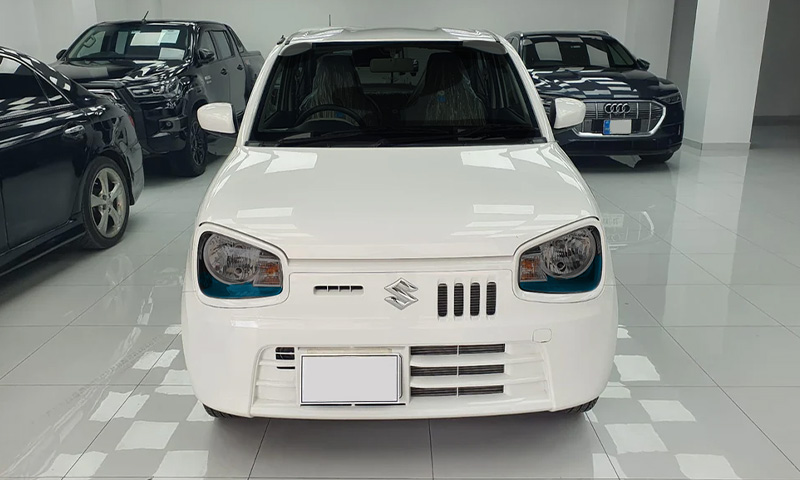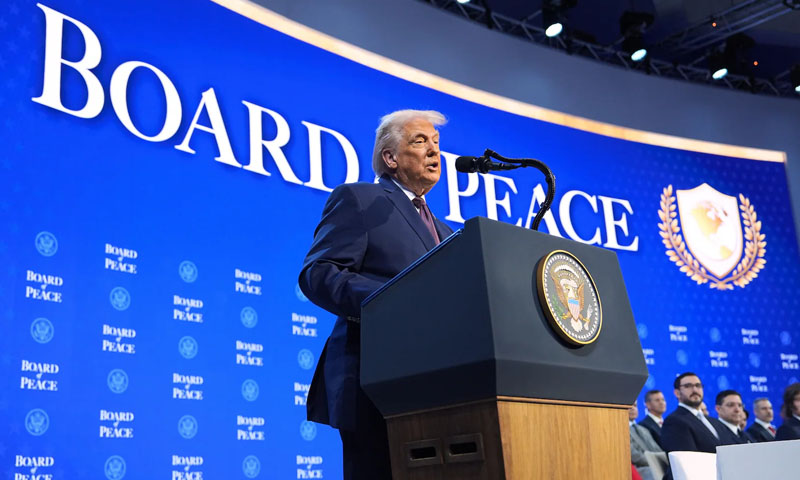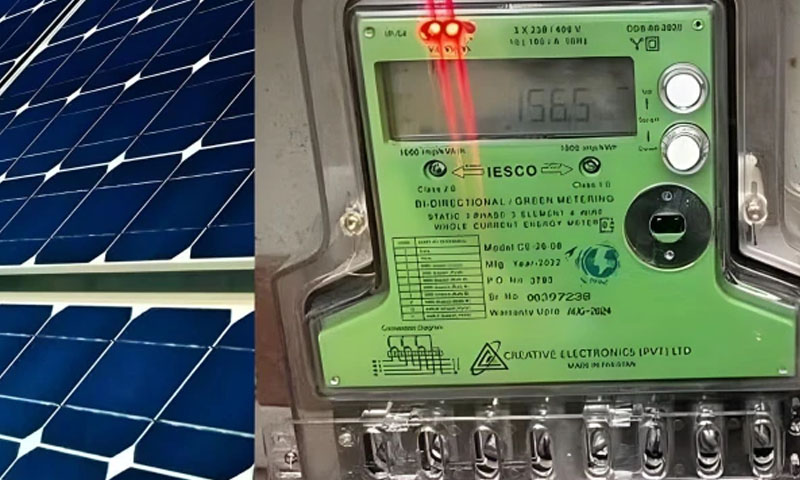- Aasiya Niaz
- 10 Minutes ago
Auto loans rise for 11th month as Alto-like cars remain in demand
-

- Web Desk
- Nov 18, 2025

Outstanding auto loans in Pakistan climbed for the 11th straight month, reaching Rs315.4 billion by the end of October, up from Rs305 billion in September, according to the State Bank of Pakistan. The growth comes amid falling interest rates, with the policy rate now at 11 percent, down from 22 percent in June.
Analysts say the auto finance market is gradually picking up but has not yet returned to last year’s high of Rs368 billion recorded in June 2023. Demand remains strong for small, affordable cars, including the Suzuki Alto 660cc and imported second-hand vehicles. Many buyers are also turning to kei cars and used Japanese models with 660cc to 1,000cc engines, attracted by their lower running costs and affordability.
Market observers expect auto loans to stay in demand in the coming months, particularly if interest rates hold steady or fall further.
Banks and vehicle assemblers continue to lure buyers with attractive financing packages, many offering interest rates below 10 percent. Yet restrictions such as the Rs3 million loan cap, a 30 percent down payment requirement, and shorter repayment periods — five years for cars up to 1,000cc and three years for smaller models — remain a hurdle for potential buyers.
Manufacturers push for protection against imports
The three-day Pakistan Auto Show wrapped up on Sunday, displaying a broad range of locally produced vehicles alongside new entrants introducing cleaner and greener technologies. With 172 exhibitors representing Pakistan’s manufacturing base, as well as 33 Chinese and six Iranian companies, the event highlighted the growing potential of electric vehicles in the country.
Several brands unveiled new models, including MG Motors, Chawala Green, Changan Pakistan, Master Chery, Capital Smart Motors, and Suzuki. Despite the enthusiasm, manufacturers are calling for clearer policies to support the sector, particularly regarding used car imports that have surged in recent years.
Seventeen global automotive players have invested in Pakistan, setting up plants with a combined capacity of 500,000 vehicles annually. However, only about one-third of that capacity is currently in use. Industry experts warn that the rising import of used cars, which now accounts for roughly 25 percent of the market, is undermining investor confidence and making locally produced vehicles less competitive.
Manufacturers say the main challenge is not competition itself but an uneven playing field. They stress that unless the upcoming Auto Policy 2026-31 clearly defines the role of used car imports, the sector will continue to face uncertainty, putting local jobs and long-term investment at risk.
With domestic companies rolling out new models and investing in green technology, the next auto policy will play a crucial role in determining whether Pakistan’s automotive sector can maintain growth and compete effectively with imports.




